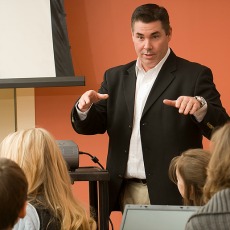Six Principles for Measuring and Communicating the Value of Your Faculty Development Center
This is an era of rapid transformation and heightened opportunities for Faculty Development Centers (FDCs). There is a growing realization that faculty development can be a crucial component in addressing some of the most significant challenges facing higher education, including technology’s impact on teaching, reliance on part-time and distance faculty, and student success.





